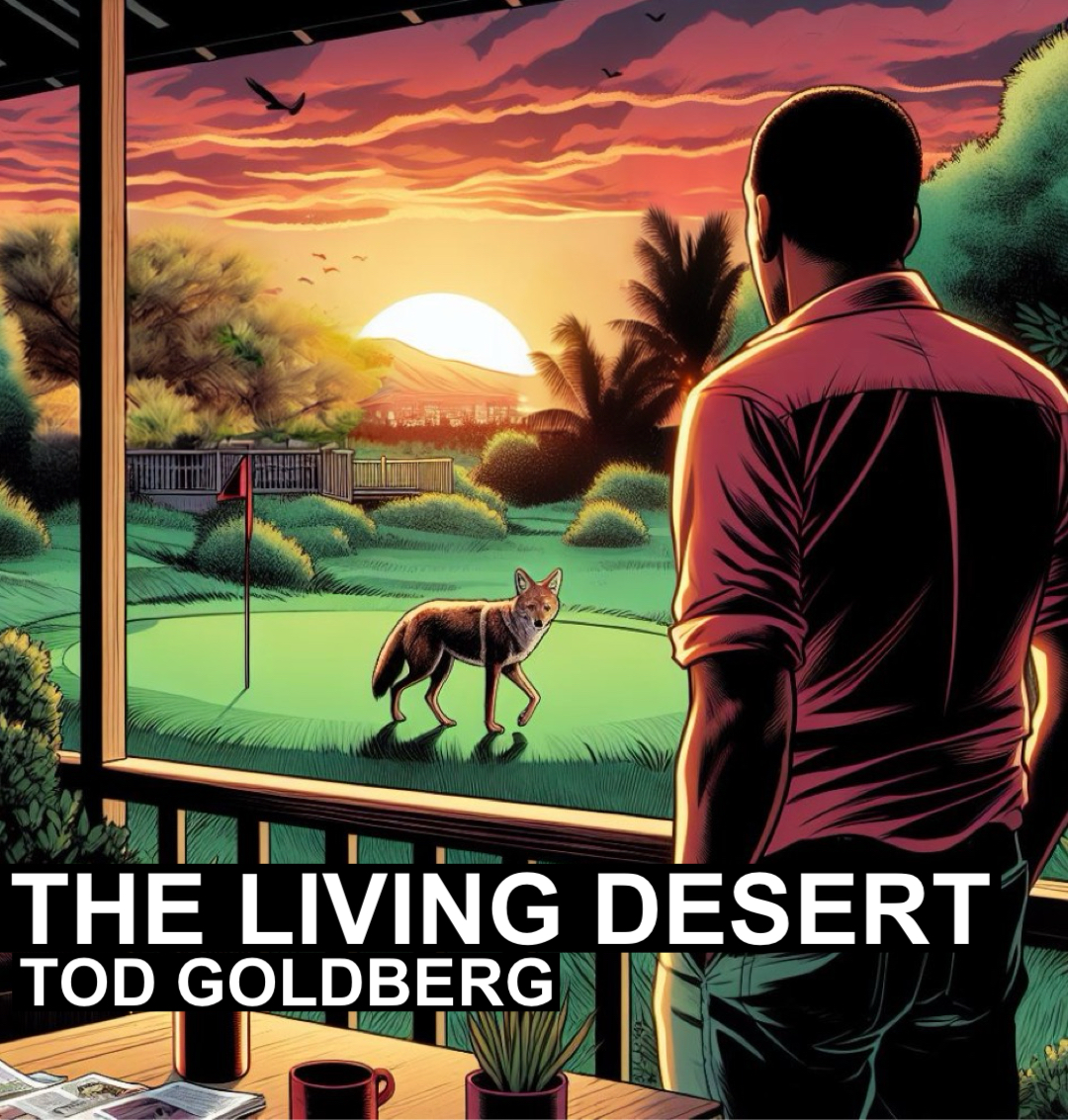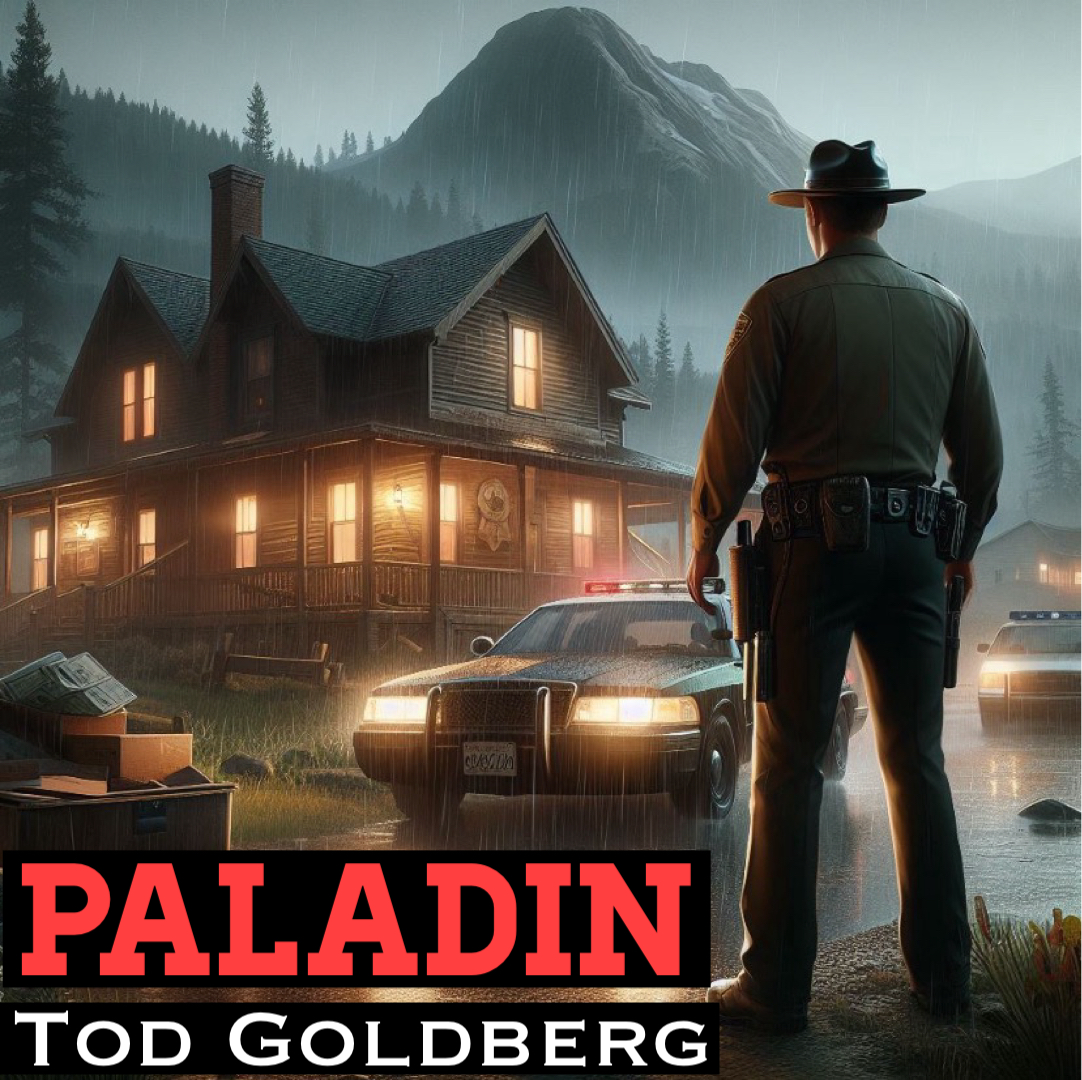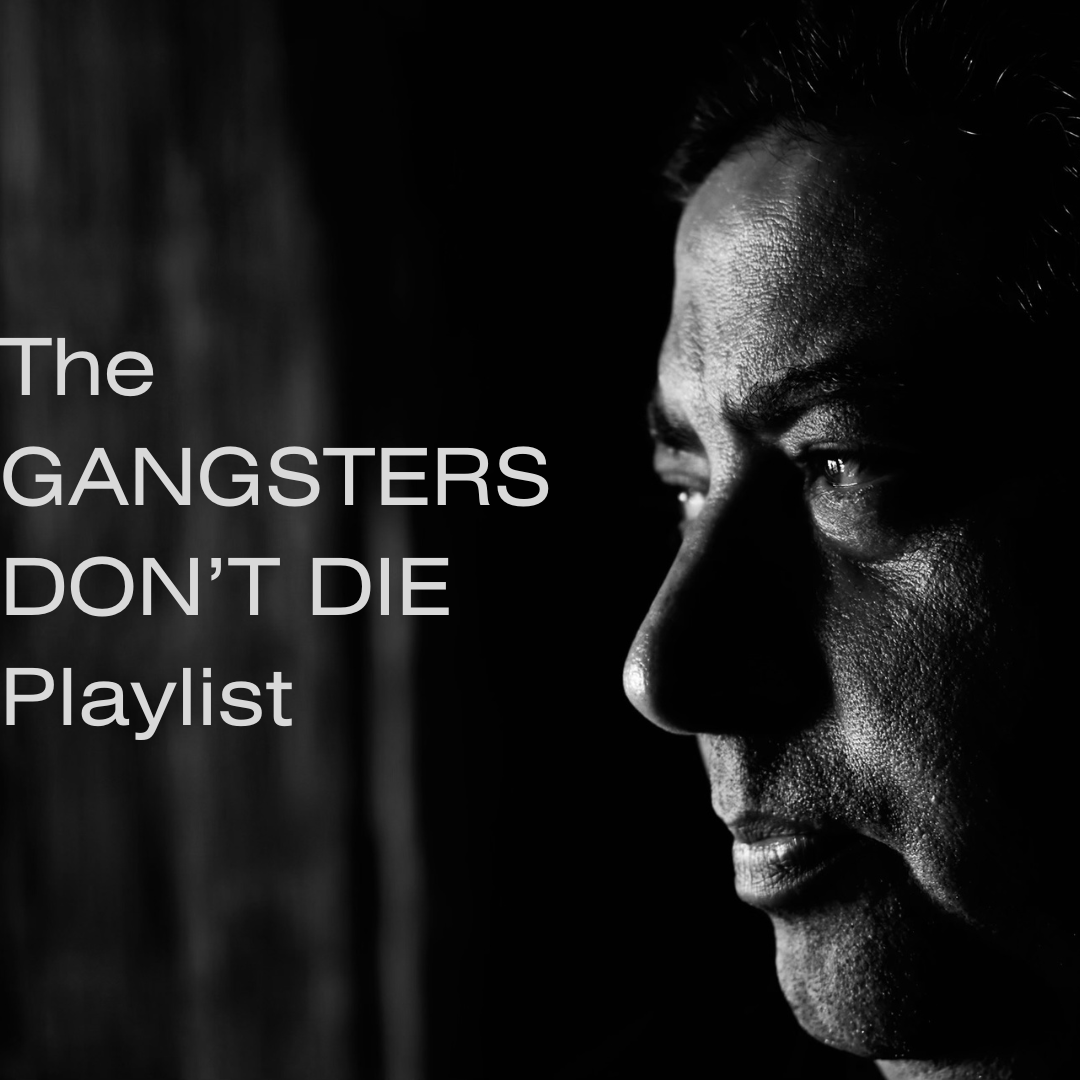The nice people at Electric Literature sat down with Tod for a long conversation about gangsters, Jews, and the nature of crime in general:
HSP: One of the things that gives this novel such weight is its connection — and subsequently, Rabbi David Cohen’s — to historical events. “No, these days, because of the stories of his congregation, he thought about shit that had gone down in 1917,” David thinks. “All that Pale of Settlement mishegoss. Pograms and show trials and Cossacks chasing down toddlers with dogs. That shit pissed him off like it had happened yesterday, because, in effect, it had. Three years ago he was blissfully unenlightened.”
There’s also a remarkable conversation between Rabbi Cohen and his mentor, Rabbi Kales, about the Warsaw Uprising during World War II. “Why would they stage a rebellion they knew would fail?” Cohen wonders. Kales’ questions challenge Cohen to think about why it might matters to history that we fight. What matters enough to you that you’d fight (or are fighting) for it, even if, as Rabbi Kales tells Sal/Rabbi Cohen, “There is no post-war for you”?
TG: I think, for Jews, the idea that the mob is coming for them remains a pressing concern, and in this case I’m talking about the hordes, not a bunch of guys in suits talking about whether to take the cannoli or leave the gun. So when I see things like Nazis and white supremacists marching on an American city, chanting that Jews will not replace them, it doesn’t make me scared, it emboldens me to stand up and be heard, to actively support with my time and money and words the causes and people I believe in, because I’m not hiding in the ceiling waiting for something bad to happen. I remember when I wrote the scene you’re speaking of — it was last summer, in the middle of the election season, and I was already feeling a looming sense of dread. I was reading all of these books about how the Holocaust had occurred, not because I thought it would specifically play a role in this book, but because I wanted to have the same stuff in my head that Rabbi Cohen would have in his, and while reading about the Warsaw Uprising I was struck by this notion that the righteous often fight even when they know they’ll lose to empower others around them. I don’t think I’m righteous, not by a long stretch, but I am not one to stay quiet and I suspect a lot of that comes from personal history. My family did escape Russia. My grandfather told us stories about Cossacks running him down with dogs. Those are real things. So, today, they still matter to me. And of course I care about other things, too — my wife, my family, my friends, my students — that I think I end up fighting for them every day, whether I’m totally aware of it or not.




